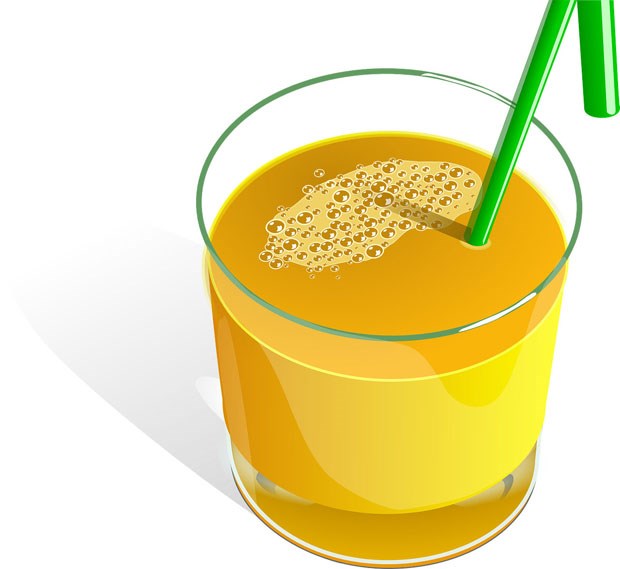Canadians continue to reduce the number of calories they are consuming from liquid refreshment beverages (LRBs) and consumption has already declined by more than 30 per cent since 2004, according to a new Conference Board of Canada report.
“Looking deeper into demographic groupings and regional differences allows us to better understand the reductions in calories from sugar," said Dr. Jean-Charles LeVallée, Associate Director, Food Horizons Canada, The Conference Board of Canada. “It shows calories are down across most categories and all regions as Canadians shift to lower or no calorie beverages."
Counting the Calories: Examining the Relationship Between Beverage Consumption and the Canadian Diet examines the beverage consumption trends of Canadians between 2004 and 2015, as measured by the Canadian Community Health Survey – Nutrition administered by Statistics Canada.
Canadians are getting fewer of their daily calories from sugars and carbohydrates. Declines in LRB calories/capita/day are partly due to falling per capita consumption and partly due to reduced calories. Although consumption per capita is down in all provinces, average calories are down even more.
The number of daily calories that overweight and obese Canadians obtain from liquid refreshment beverages has fallen over time. Overweight and obese Canadians consumed 45 per cent and 41 per cent fewer calories, respectively, from refreshment beverages in 2015 compared to 2004. Interestingly, overweight and obese Canadians obtain fewer of their daily calories from LRBs than the other Canadians.
Canadian children are also lowering their intake of calories from LRBs. For children drinking fruit juices, this is being driven by fewer calories per serving; whereas, for fruit drinks, it is mostly driven by fewer servings.
Provinces that have recorded especially large declines in calories from refreshment beverages include Alberta (from 148 to 73 Calories/capita/day) and British Columbia (from 126 to 53 Calories/capita/day).
The report was prepared by the Conference Board of Canada's Food Horizons Canada research centre for the Canadian Beverage Association (CBA). The Conference Board is tracking the progress of the CBA's Balance Calories Initiative, which aims to reduce the number of calories that Canadians consume from liquid refreshment beverages by 20 per cent by 2025.



